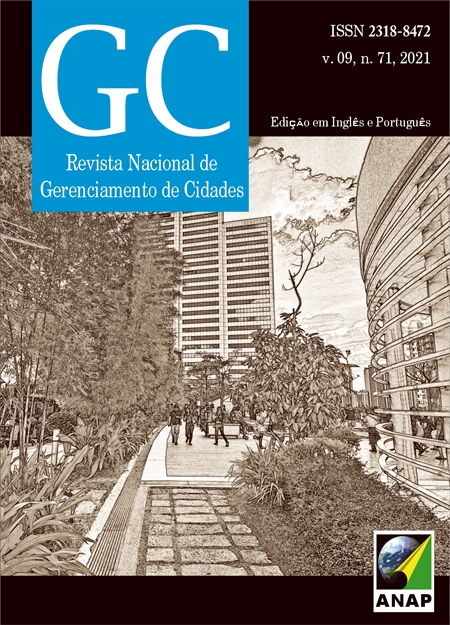Impact of noise pollution during the COVID-19 pandemic in a hospital area in Sorocaba city, São Paulo State, Brazil
DOI:
https://doi.org/10.17271/2318847297120212915Palavras-chave:
Environmental noise. Sars-CoV-2. Hospitals.Resumo
Environmental noise is a public health problem that arises mainly from vehicular traffic. In noise-sensitive areas, such as hospitals, the harm is even greater, as noise affects the recovery of patients and causes stress and disturbance to employees. Noise control measures are usually restricted to simulations and mathematical modeling. Given this context, the present study assesses environmental noise around a public hospital in Sorocaba city, São Paulo State, Brazil, before and during the COVID-19 pandemic, benefiting from measures to restrict the circulation of vehicles and people. Measurements were performed in triplicate, on weekdays, at four points around the hospital during the day, and followed the guidelines of standard NBR 10.151/2019. The number of light and heavy vehicles was counted manually. The equipment used was the BK 2260 analyzer and a tripod with adjustable height. The circulation of light and heavy vehicles decreased significantly during the pandemic. However, this decrease was not enough for sound levels to meet the 50 dB(A) recommended for noise-sensitive areas. This fact can be due to the speed of the remaining vehicles being above the established for the surrounding streets. Vehicles are the main responsible for the high levels of noise in the area, overlapping the levels generated by the different activities in the study site.















